
Sicong Li
PhD in Biological Functions and Medical Control
Interview
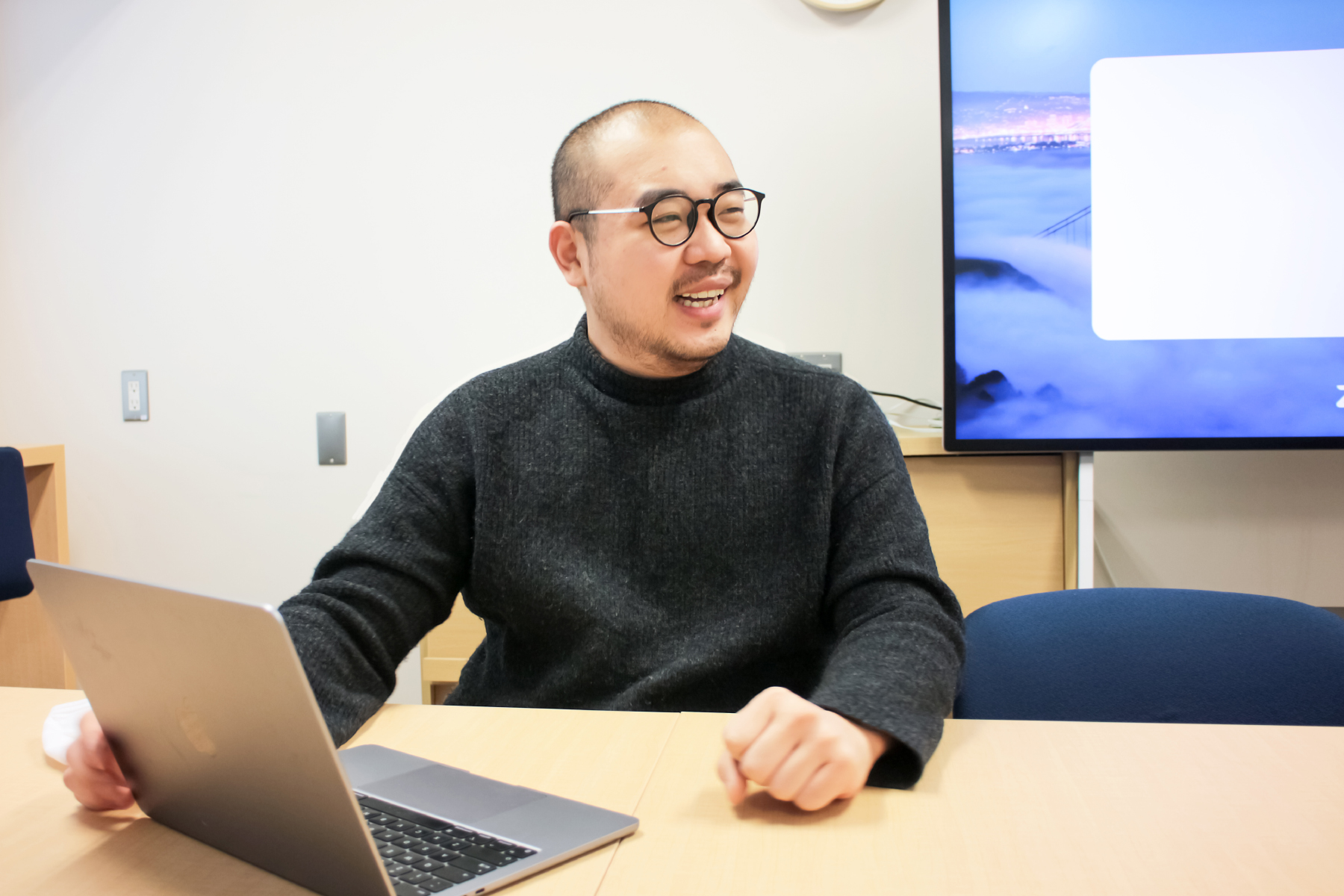
Please share an overview of your career so far and describe your current research.
I graduated from Tianjin University of Traditional Chinese Medicine, majored in clinical specialty, where my studies centered on nervous system diseases and traditional Chinese medicine treatment methods. During my internship in hospital, I primarily worked in neurology, specializing in treatments for cerebral infarction. Currently, I am conducting research in Professor Ueno's laboratory on post-stroke neural circuit reconstruction and neural recovery.
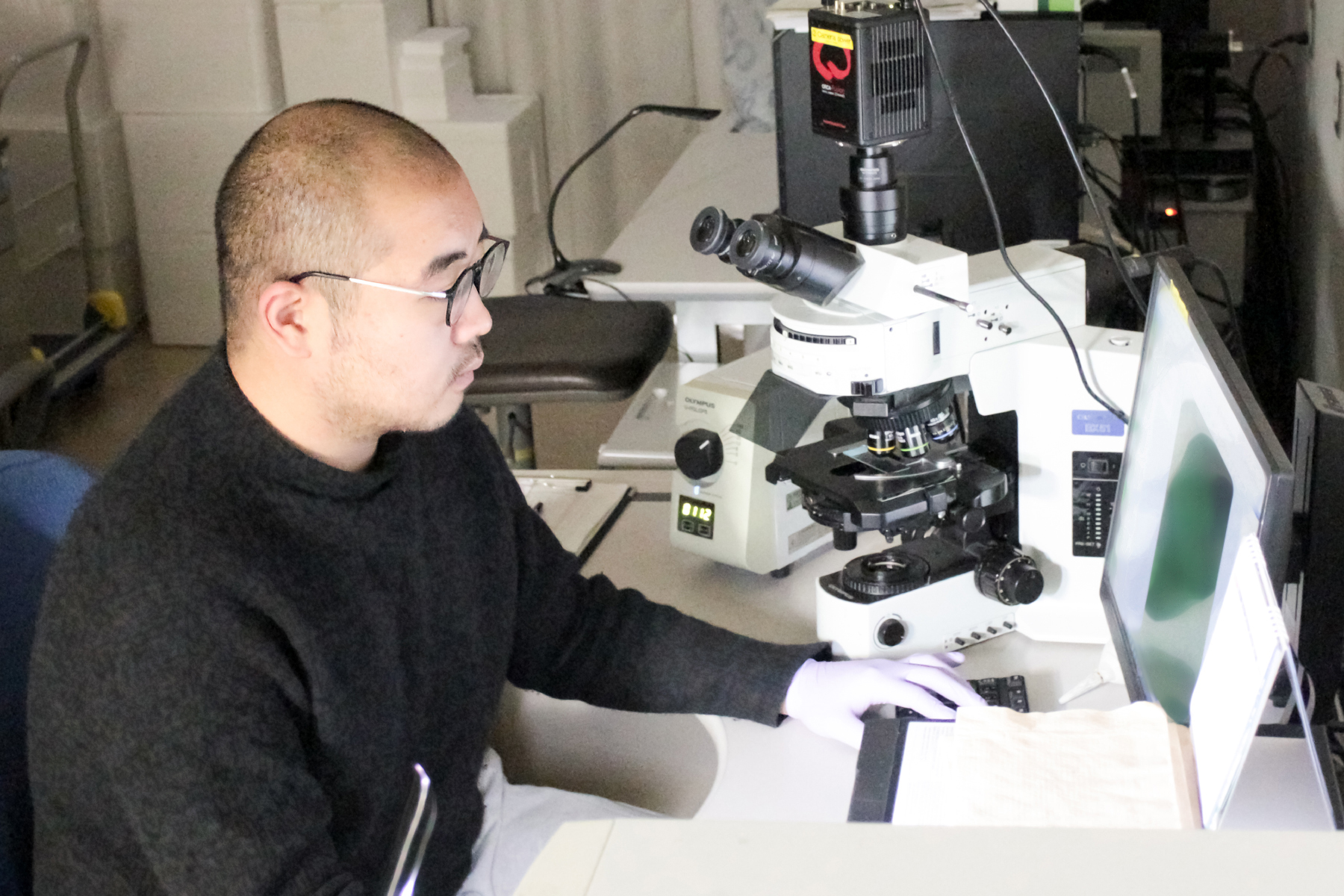
What inspired you to pursue brain research, and why did you choose to study at BRI for your graduate degree?
First, my university specializes in neurology, so through my interactions with patients suffering from cerebral infarction, I have deeply realized the difficult situation they are facing. This has also made me realize that current treatment methods are often unable to provide a truly curative effect. Furthermore, my hometown, Tianjin, has the highest incidence of cerebral infarction in China, and there are patients with cerebral infarction in my own family as well, which has further strengthened my determination to continue researching in this field. As for why I chose BRI, through research on various websites before coming to Japan, I learned that BRI is a research institute with a long history and remarkable scientific capabilities. Additionally, Prof Ueno's research direction has greatly piqued my interest.
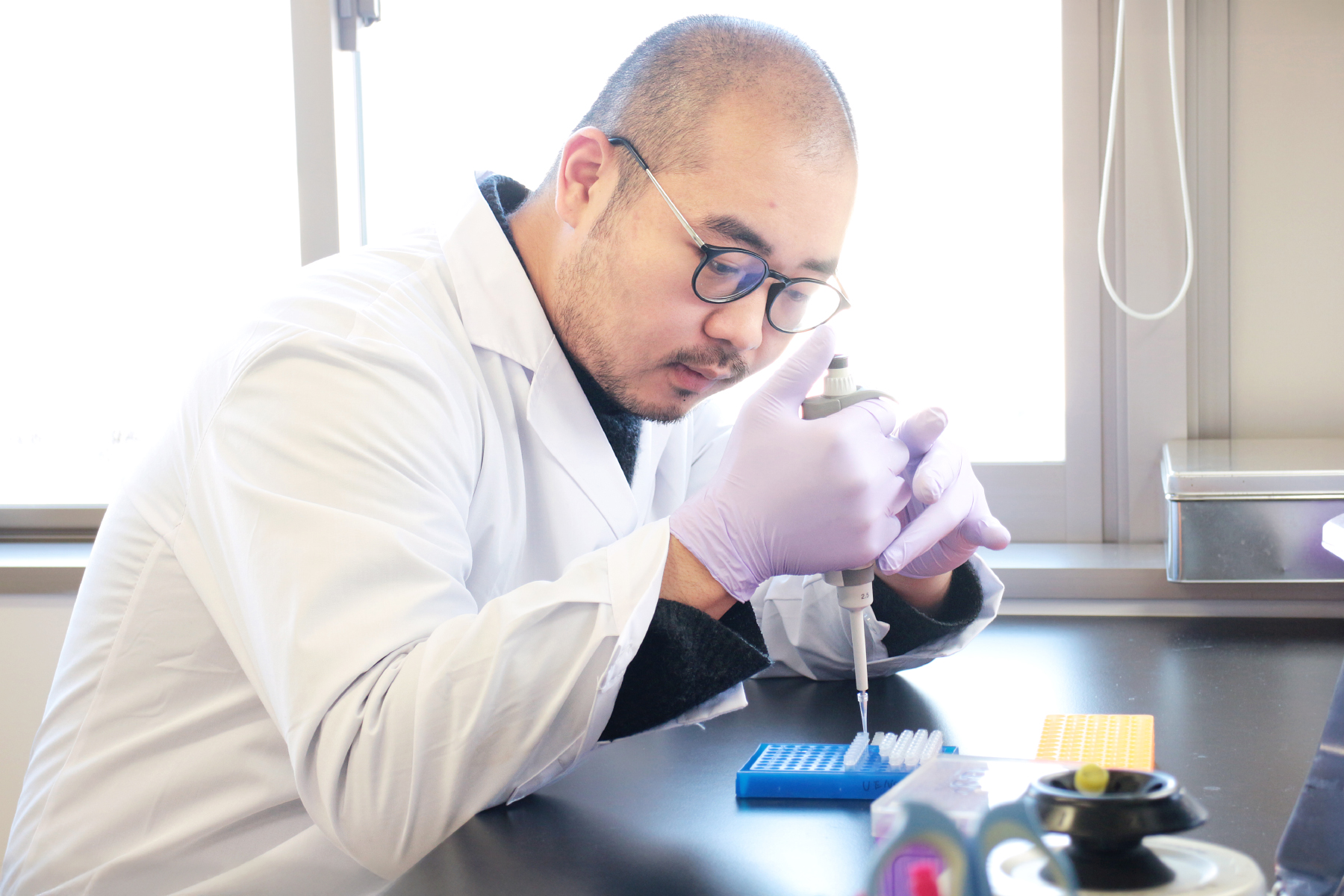
What do you consider the strengths of conducting research at BRI?
The first point is that the research equipment is not only diverse in variety but also highly advanced. More importantly, the faculty members are exceptionally competent and remarkably patient during teaching.
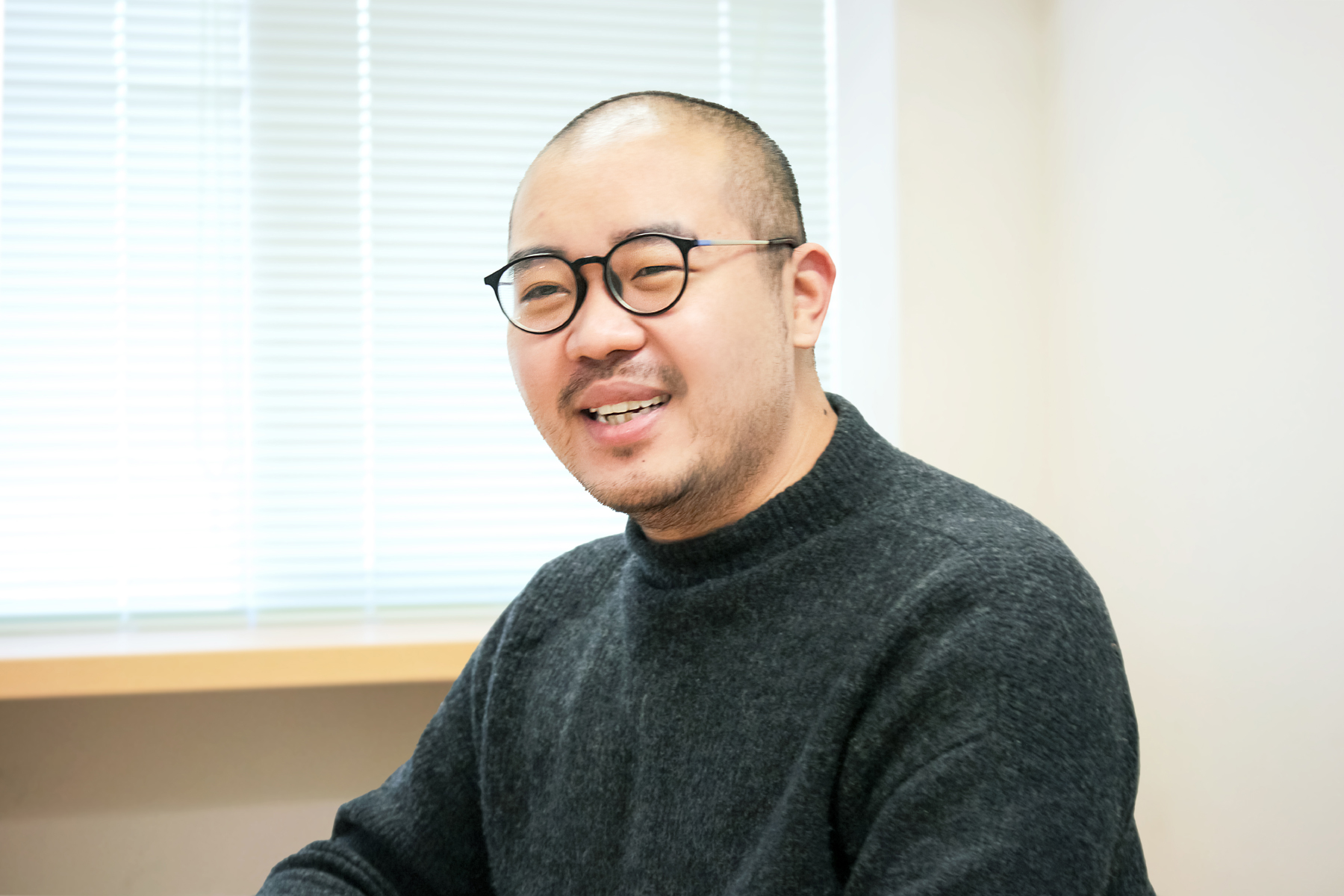
How do you spend your time outside of research and on holidays? How do you refresh and recharge?
On my days off, I prefer to clean my house in the morning. Dancing is one of my hobbies, so I occasionally practice it at home on weekends.
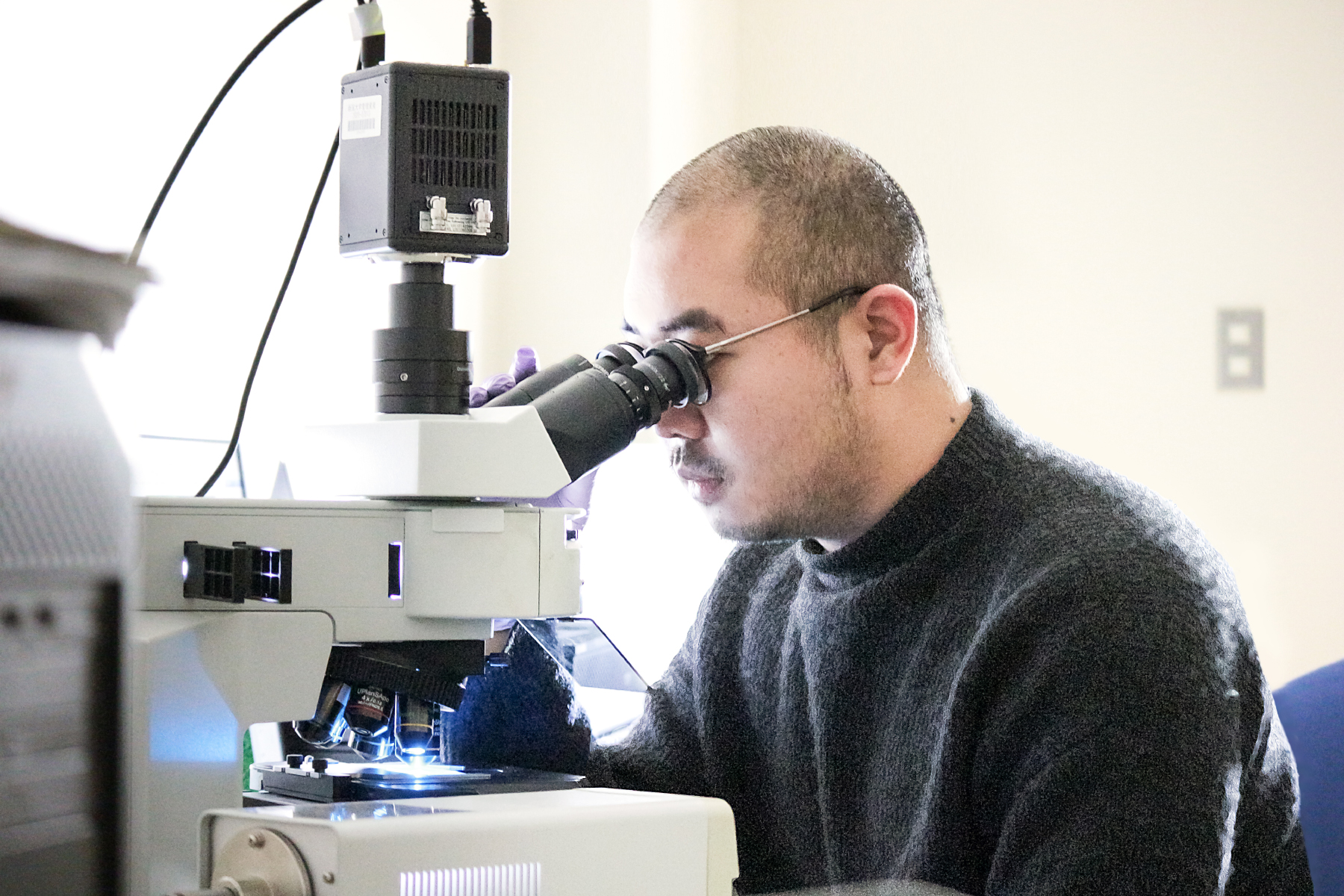
Is there anything you aspire to learn or challenge yourself with in the future?
Of course, I aim to further improve my Japanese language skills and my experimental abilities.
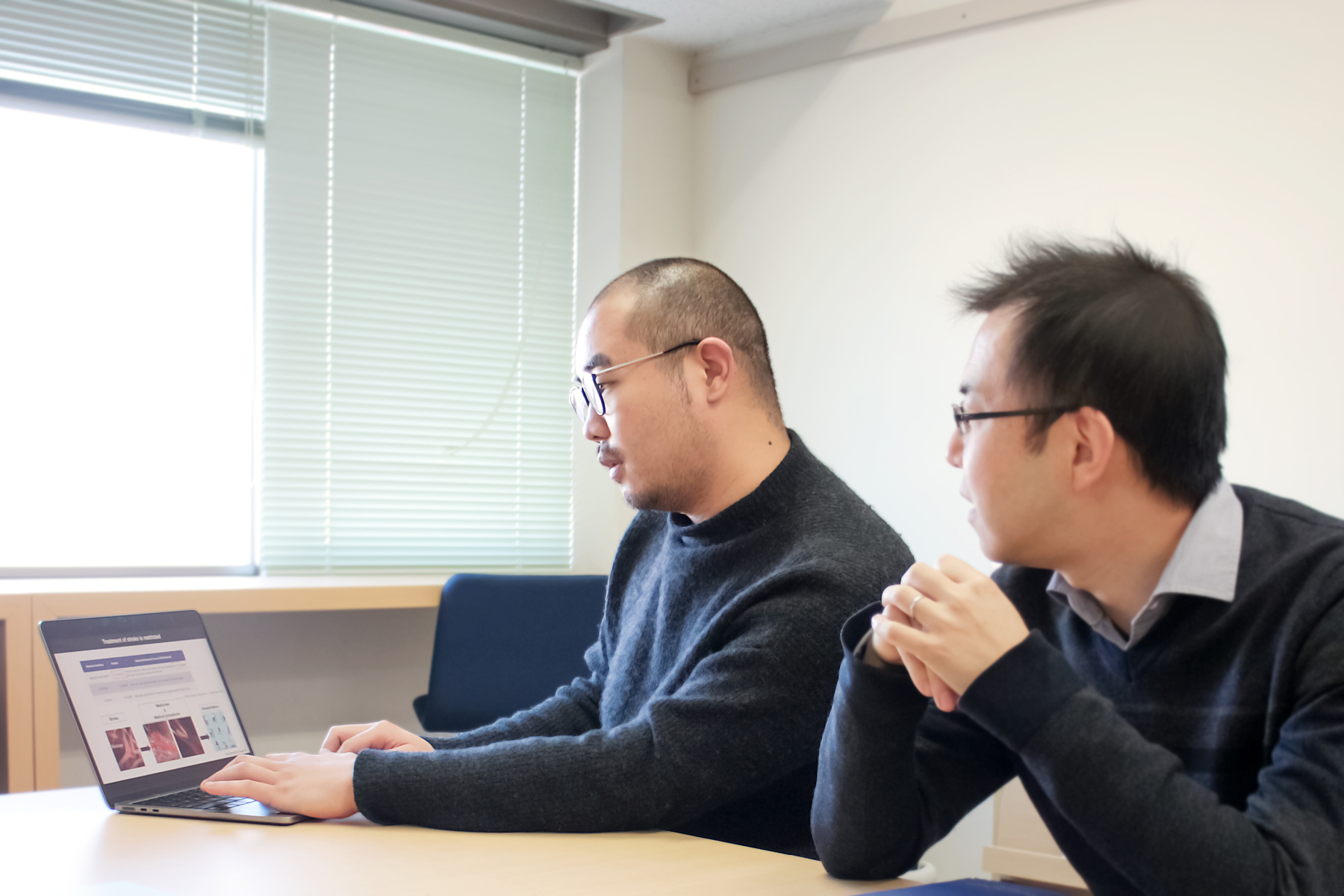
What message would you like to share with those considering graduate programs at BRI?
In my opinion, the best aspect of BRI is that professors and teachers at BRI always take a very meticulous attitude during the experiments and teaching. If you are passionate about neuroscience, we warmly invite you to join us.
-
BRI ScientistsNaoko Fujito2025.04.16
-
BRI ScientistsRie Natsume2025.04.08
-
Careers after BRIYohei Nitta2025.03.31
-
Student lifeSicong Li2025.02.21
-
BRI ScientistsChieko Tanda2025.02.21
-
Student lifeNatsumi Sato2025.02.21
-
BRI ScientistsAsa Nakahara2025.02.21
-
BRI ScientistsHideaki Matsui2025.02.21
-
Student lifeKaren Shibayama2023.10.03
-
BRI ScientistsYuka Koike2023.09.28
-
Student lifeAlfi Raudatil Jannah2023.09.26
-
Student lifeChihiro Yagi2023.09.20
-
BRI ScientistsGodfried Dougnon2023.09.20
-
Careers after BRIChihiro Nakamoto2023.01.01
-
BRI ScientistsSatoshi Miyashita2022.12.01
-
Careers after BRIHiroki Kitaura2022.12.01
-
BRI Scientists Female ScientistsKanako Oda2022.11.01
-
Student lifeKohei Ikarashi2022.11.01
-
Student lifeNatsuki Akiyama2022.11.01
-
Student lifeKazuki Kodera2021.10.01
-
Student lifeShoji Saito2021.02.01
-
Student lifeRamil Gabdulkhaev2021.02.01
-
Careers after BRIManabu Tohmi2021.02.01
-
BRI ScientistsRie Saito2021.01.01
-
BRI ScientistsMotokazu Uchigashima2021.01.01
-
BRI Scientists Female ScientistsYuriko Iwakura2018.02.01






